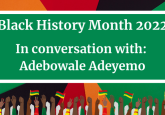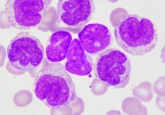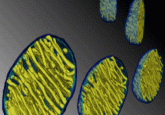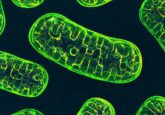In celebration of Black History Month: a conversation with Heather Beasley
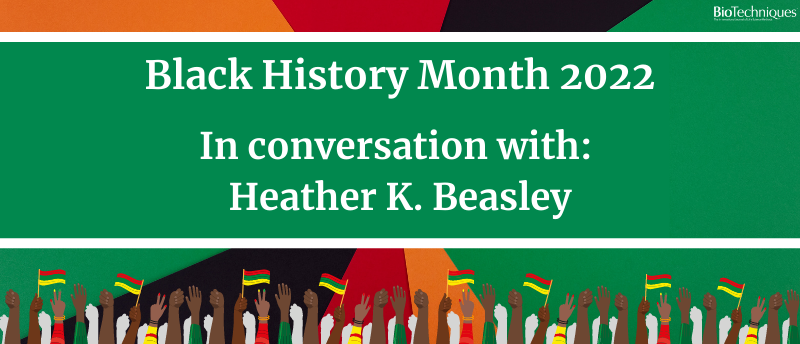
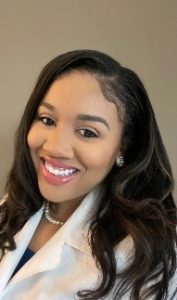 Heather Beasley is a biomedical researcher looking at calcium signaling in breast cancer and the dysregulation of bone metabolism using techniques such as focus ion beam scanning electron microscopy. Beasley also writes a blog about motherhood to provide data-driven, unbiased information for parents. Here, Beasley writes about how she became interested in her area of research and highlights the importance of building a support system throughout your career.
Heather Beasley is a biomedical researcher looking at calcium signaling in breast cancer and the dysregulation of bone metabolism using techniques such as focus ion beam scanning electron microscopy. Beasley also writes a blog about motherhood to provide data-driven, unbiased information for parents. Here, Beasley writes about how she became interested in her area of research and highlights the importance of building a support system throughout your career.
Please tell us about yourself and how you got to where you are today.
I’m Heather Beasley, and I am a postdoctoral scholar at Vanderbilt University (TN, USA) in the lab of Antentor Hinton Jr. I believe in the merger of scientific knowledge with adaptive communication for all.
I started my academic career in animal sciences and began this phase of my career with a PhD in biomedical sciences – the commonality of these was the discovery of the unknown. I’ve always loved understanding the complexities of disease, and I now continue to learn about diseases through the models, techniques and training in the Hinton laboratory.
Could you tell me more about your research?
My research investigates calcium signaling in our various disease models. Our lab is interested in mitochondria endoplasmic reticulum contact sites (MERCs) in aging and, more specifically for me, in cancer. The mitochondria and the endoplasmic reticulum are not only reservoirs for calcium within the cell, but alterations in the mitochondria also disrupt calcium signaling, which leads to diverse problems in different diseases.
What are some techniques used in your lab to study this?
We use focus ion beam scanning electron microscopy (FIB-SEM) and serial block-facing SEM (SBF-SEM). These techniques provide 3D images to showcase intra-organelle structural diversity and show how the organelle changes in form and function in response to lipid substrates, contact partners and signaling pathways. We will also explore live dynamics within the cell using microscopy to look at calcium signaling.
My expertise also lies in computational genetics. We apply a statistical framework to calculate predicted gene expression in BioVU, the Vanderbilt University Medical Center biorepository that is linked to de-identified electronic health records.
In your career, have you ever felt that you were at a disadvantage because of your race?
Of course, it is something that all underrepresented academics face.
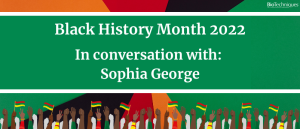 In celebration of Black History Month: A conversation with Sophia George
In celebration of Black History Month: A conversation with Sophia George
We speak to Sophia George, a molecular geneticist at the Sylvester Comprehensive Cancer Center (FL, USA) studying hereditary cancer syndromes, common in people of the African diaspora. Here, George talks about her research career, advice for other Black scientists pursuing this field, the importance of community and having fun in your research.
Are there any key resources or places that you found support when facing challenges?
Having a network of successful colleagues with similar goals and experiences really helps during times of rejection and imposter syndrome. I’m fortunate to have both my grandparents and parents as academics in the kindergarten to 12th grade system and in higher education. My older sister is in higher education, so it helps to have someone in a similar discipline, especially as our fields significantly overlap. I always have sound advice from my family in that regard.
What is your greatest achievement?
I defended my PhD during a pandemic while also being a great mom!
What advice would you give to young Black scientists to help them thrive in the scientific field?
Firstly, be bold and diligently work until you reach your goals and then, set new goals and reach even higher!
